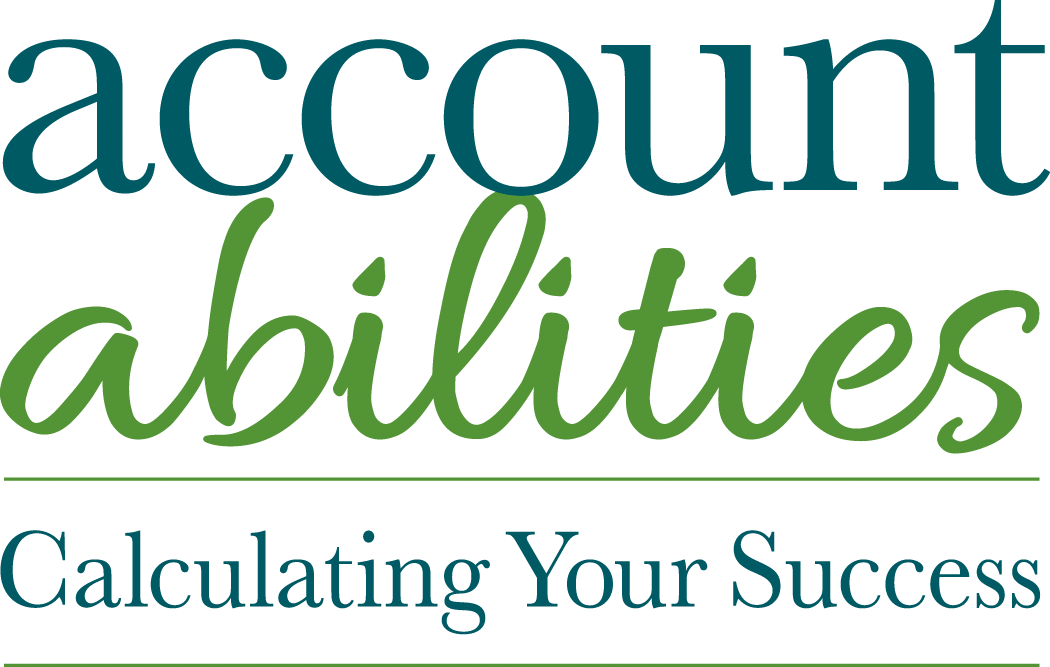You want to start a business. Now what? You need to know that the numbers work for your new idea.
You may have Googled “Will my business be profitable” or “How to determine profit.”
These questions can lead to mega intense spreadsheets and calculations, but we are going to keep it simple. You can easily test your business idea, see if your numbers work, and answer the question, “Should I continue to research and work out details for this product/service.” Please keep in mind that this calculation is a simple first start. Eventually you will need those fancy spreadsheets as they will dig into the nitty gritty details you will need to finalize your concepts and/or ideas.
Step 1: Determining if your numbers work
Let’s get started:
This may be a different angle than you have probably seen so far, but we want you to start with your personal household. How much money do you want to bring home? Obviously we all want a million dollars, but remember this is just a first step calculation. You can also swing this the other way and say “All I need to survive is $500”. Start with a reasonable number like what you are currently bringing home or what you would like to bring home in 3 years. This amount needs to be actual cash needed, not a gross amount.
Cash needed to survive and thrive: $______________
Now that you have that number, multiply it by 45%. This is a conservative number for the amount of taxes you will be required to pay.
Add those numbers together and this is what your business needs to profit.
We are essentially working our way backwards!
What are you offering?
Now, let’s talk about the service/product you will be providing. What service/ product are you offering, what supplies will you need- what are the upfront costs and what will the recurring costs be?
Let’s walk through an example:
Service Providing: Gutter Cleaning
Supplies needed to clean the gutters:
Upfront Costs:
Ladders – $800
Attorney – $1600
Truck – using their personal truck for business for the first few years
Total Upfront Costs – $2400
Recurring Costs:
Special Cleaning Tools, like brushes – $2100
Hoses – $1000
Cleaning Chemicals, bulk purchase and only needs to use occasionally – $1500
Buckets, trash bags and general supplies – $2400
Gasoline for truck – $5700
Insurance – $4000
Total Recurring Costs – $18,200
Advertising (See line 3 under Facts) – $15,000
Office Supplies – $300
Total Annual Costs – $34,400
Facts:
1. This person will be starting the business with just him/her until the business gets moving and can then hire staff.
2. The business owner has an old truck that they will use to get started
3. Plans to hit advertising very heavily in the Fall as leaves start to fall. Budgeting $2000 a month for September – November and then $1000 the remaining months.
4. Average house takes 1 hour to clean.
5. Average house price is $150.00
6. They plan on cleaning 6 houses a day due to lost time between jobs.
7. Plans on scheduling cleanings together to reduce travel time.
8. The business owner will take 1 week of vacation.
9. Accepts only cash or checks.
10. Business owner will use savings for upfront costs and does not want pay back.
11. This business owner needs to bring in $120,000 a year to be happy with starting his business.
The facts are important because they help you calculate your profit, which is the number we are after.
$120,000 – Cash Needed
X 45% – Tax Allocation
$54,000 – Total expected taxes
$120,000 – Cash Needed
+ $54,000 – Taxes
$174,000 – Total Profit needed
$150 – average price to clean house
X 6 – houses a day
$900 – a day in income
X 5 – days a week
$4500 – a week
X 51 – (52 weeks in a year – 1 week of vacation)
$229,500 a year in total income
-($34,400) in expenses
$195,100 – In Profit
In this example, the gutter cleaner makes more than they desire and so it passes the first test.
Remember that this is just the first step. You will also need to research the cost of hiring additional staff and possibly adding trucks to your business. There are a lot of factors that you need to understand before you make your final decisions.
Step 2
There is a second step to making sure your numbers work which is punching holes in the facts you stated above. You need to plan for the worst-case scenario to confirm that you will be okay financially. This is really just troubleshooting. We recommend reaching out to some business mentors and have them punch holes in your facts. For example, this gutter cleaner speaks to another gutter cleaner in a different state and finds that:
1. They can only cover 5 houses a day
2. That their average house price is really $165.
3. They find that it is tougher on their body than they expected and take a week off each quarter.
4. Customers change their schedule or cancel about 10% of the time and so they make sure they have a waiting list to always work from.
5. This gutter cleaner sends automated invoices at the end of each day, so there is an extra $200 a month charge.
You get the idea. Gather as much information as you can by talking to other people in your industry, other business owners for different ideas, and to your providers because they hear about issues other people are facing in your same industry.
It’s important to know that your numbers work and you can never have too much information!


